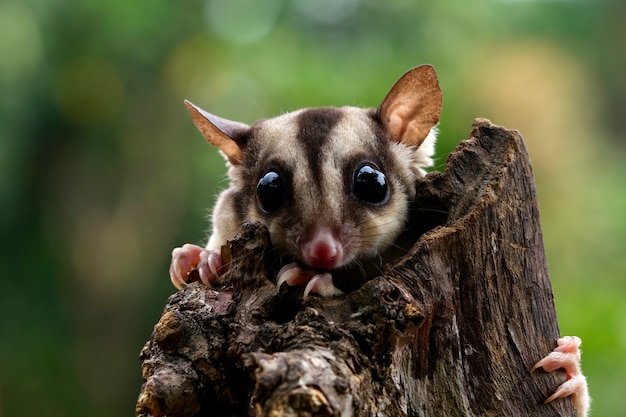Fascinating Facts About Racoons

Raccoons are highly intelligent animals with problem-solving abilities.
Raccoons have dexterous front paws which allow them to manipulate objects.
Raccoons have a black mask-like pattern around their eyes, making them look like tiny bandits.
Raccoons are primarily nocturnal animals, although they can adapt to daytime activity in urban areas.
Raccoons have a varied diet that includes fruits, vegetables, insects, fish, small mammals, and even garbage.
Raccoons have adapted well to urban environments and can often be seen scavenging for food in garbage bins.
Raccoons are excellent climbers and can scale trees and even vertical walls with ease.
Contrary to popular belief, raccoons do not wash their food. Instead, they are simply examining it with their sensitive front paws.
Raccoons are excellent swimmers and can easily navigate through water using their webbed hind feet.
Raccoons have sharp teeth and claws, which they use for defending themselves and capturing prey.
Raccoons are known to be highly curious creatures and will investigate anything that captures their attention.
Raccoons have a highly developed sense of touch, which helps them identify objects and food in their environment.
Raccoons are solitary animals, except during the mating season or when a mother is caring for her young.
Raccoons can live in a variety of habitats, including forests, marshes, cities, and suburbs.
Fascinating Facts About Racoons part 2
Raccoons communicate using a variety of vocalizations, including growls, hisses, and chattering sounds.
Raccoons have excellent night vision, allowing them to navigate through dark environments.
Raccoons do not have opposable thumbs, but their front paws are so flexible that they can perform tasks similar to human hands.
Raccoons have a gestation period of approximately 63 days, and females give birth to a litter of 3-6 kits.
Raccoons have a lifespan of around 2-3 years in the wild, but can live up to 20 years in captivity.
Raccoons are known for their ability to open containers, including trash cans and even door handles.
Raccoons are highly adaptable creatures and can change their behavior based on their surroundings.
Raccoons have a thick layer of fur that keeps them warm during cold winters.
Raccoons have an excellent sense of hearing, allowing them to detect sounds that are imperceptible to humans.
Raccoons can run at speeds of up to 15 miles per hour, although they prefer to walk or trot.
Raccoons are capable of running and jumping, making them agile animals.
Raccoons are known for their distinctive huff sound, which they use as a warning to potential threats.
Raccoons are highly adaptable when it comes to food sources and can survive on a wide variety of plant and animal matter.
Raccoons have a natural instinct to wash their food in water before eating, which led to the misconception that they are hygienic animals.
Raccoons are excellent climbers and often build dens in tree hollows or abandoned burrows.
Raccoons have a good sense of balance and can walk along narrow branches without falling.
Raccoons have a distinctive striped tail, which helps them maintain balance while climbing.
Raccoons have a keen sense of smell, which helps them locate food sources from a distance.
Raccoons are known to be mischievous animals, often getting into trouble by raiding gardens and stealing food.
Raccoons have a flexible diet and can adapt to different food sources depending on availability.
Raccoons are highly adaptable to human environments and can learn to open doors, latches, and even unlock garbage cans.
Raccoons are excellent swimmers and can stay in water for long periods of time.
Raccoons have a relatively low body temperature compared to other mammals, allowing them to conserve energy.
Raccoons have sharp claws that they use for climbing, digging, and manipulating objects.
Raccoons have a keen sense of balance, even when they are upside down or walking along ledges.
Raccoons are highly territorial animals and will mark their territory with urine and feces.
Raccoons are social animals and will often live in small family groups.
Raccoons have a distinct personality and can be playful and curious when they feel safe.
Raccoons have a thick undercoat that helps insulate them from the cold and keeps them warm during winter.
Raccoons have a remarkable ability to adapt to different climates, ranging from hot and dry regions to cold and snowy environments.
Raccoons have been known to exhibit problem-solving skills by figuring out how to bypass obstacles and gain access to food sources.